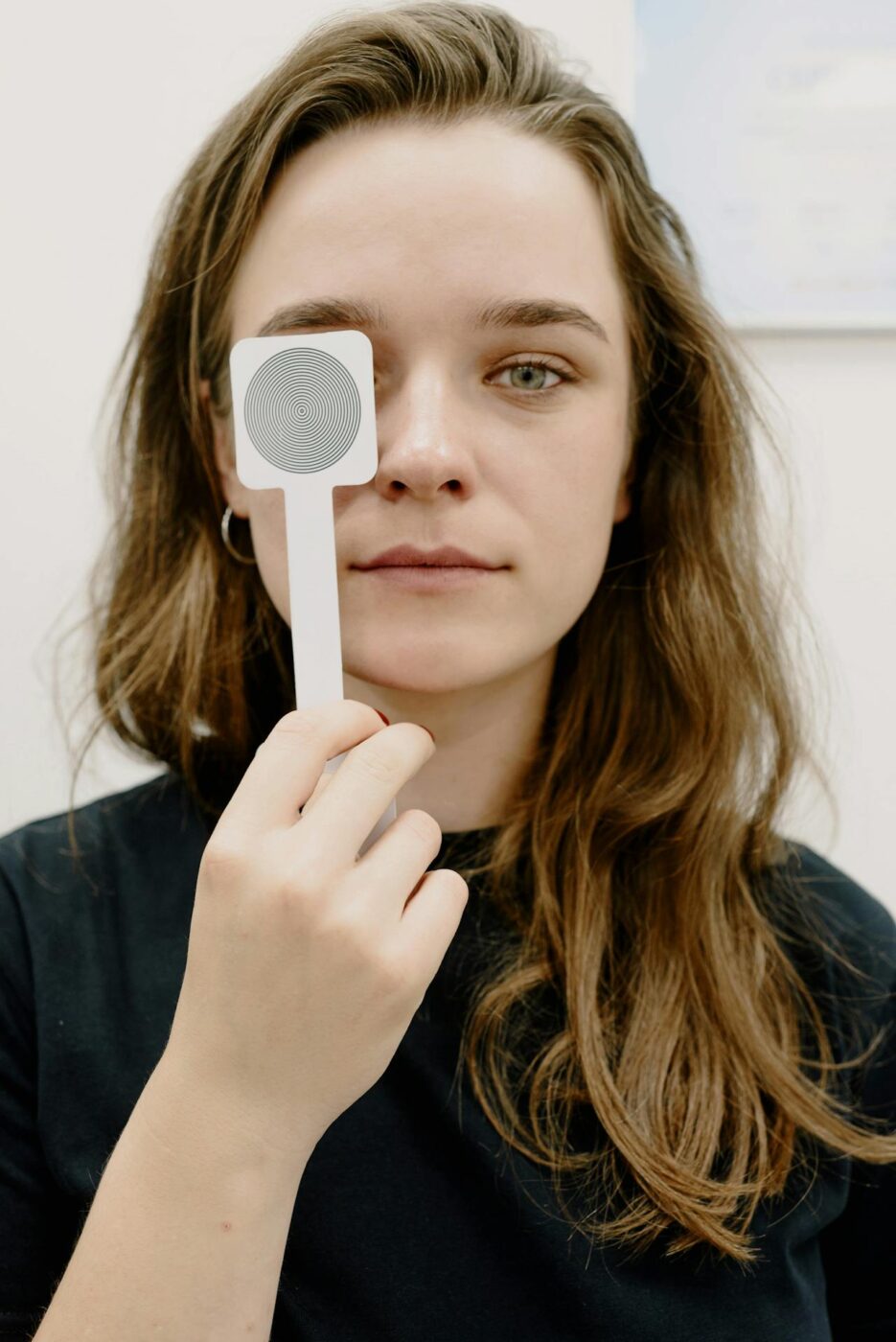Hydration is often emphasized for its role in maintaining overall bodily functions. However, the significance of adequate hydration extends beyond just quenching thirst—it plays a pivotal role in the health of our eyes. In this article, we delve into the crucial link between dehydration and eye health, shedding light on the impact of hydration (or lack thereof) on our vision and ocular well-being.
What is Dehydration?
Dehydration occurs when the body loses more fluids than it takes in, leading to an imbalance in the body’s electrolytes and impairing its ability to function optimally. While the effects of dehydration on bodily systems such as the cardiovascular and digestive systems are well-documented, its impact on ocular health is often overlooked.
The Eye’s Dependence on Hydration
The human eye is a marvel of biological engineering, comprising various structures that work in harmony to facilitate vision. Central to its function is the maintenance of adequate moisture levels. The cornea, for instance, relies on consistent hydration to remain transparent and refract light effectively. Moreover, tears, which are composed of water, electrolytes, and proteins, play a crucial role in lubricating the eyes, flushing out debris, and preventing infections.
Effects of Dehydration on Eye Health
When the body is dehydrated, its ability to produce an adequate quantity of tears diminishes, leading to ocular dryness—a condition known as dry eye syndrome. Dry eyes can manifest as discomfort, redness, itchiness, and a gritty sensation, significantly impacting visual acuity and overall comfort. Prolonged dehydration can exacerbate these symptoms and may contribute to more serious complications, including corneal damage and increased susceptibility to eye infections.
Furthermore, dehydration can indirectly affect eye health by causing systemic issues such as headaches and fatigue, which can strain the eyes and impair visual performance. Inadequate hydration may also lead to electrolyte imbalances, affecting the proper functioning of the muscles that control eye movement and pupil dilation.
The Role of Hydration in Preventing Eye Conditions
Maintaining optimal hydration levels is essential for preserving eye health and preventing various ocular conditions. By ensuring adequate fluid intake, individuals can support tear production, promote ocular lubrication, and reduce the risk of dry eye syndrome. Additionally, staying hydrated can help mitigate the discomfort associated with prolonged screen time, as blinking frequency tends to decrease during focused visual tasks.
Practical Tips for Hydration and Eye Health: To safeguard eye health and maintain proper hydration, individuals can adopt the following strategies:
- Drink an adequate amount of water throughout the day, aiming for at least eight glasses or more, depending on individual needs and activity levels.
- Limit the consumption of dehydrating beverages such as caffeinated and alcoholic drinks, which can exacerbate fluid loss.
- Incorporate hydrating foods into your diet, including fruits and vegetables with high water content such as cucumbers, watermelon, and oranges.
- Take regular breaks during prolonged periods of screen time to rest your eyes and hydrate.
- Use lubricating eye drops or artificial tears as needed to alleviate dryness and maintain ocular comfort.
Visit Your Eye Doctor
It is crucial to prioritize regular eye exams with your optometrist. These professionals can evaluate your eye health, detect any early signs of conditions like dry eye syndrome, and provide personalized recommendations for maintaining optimal vision. By combining hydration with professional eye care, you can ensure that your eyesight remains clear and vibrant for years to come.





